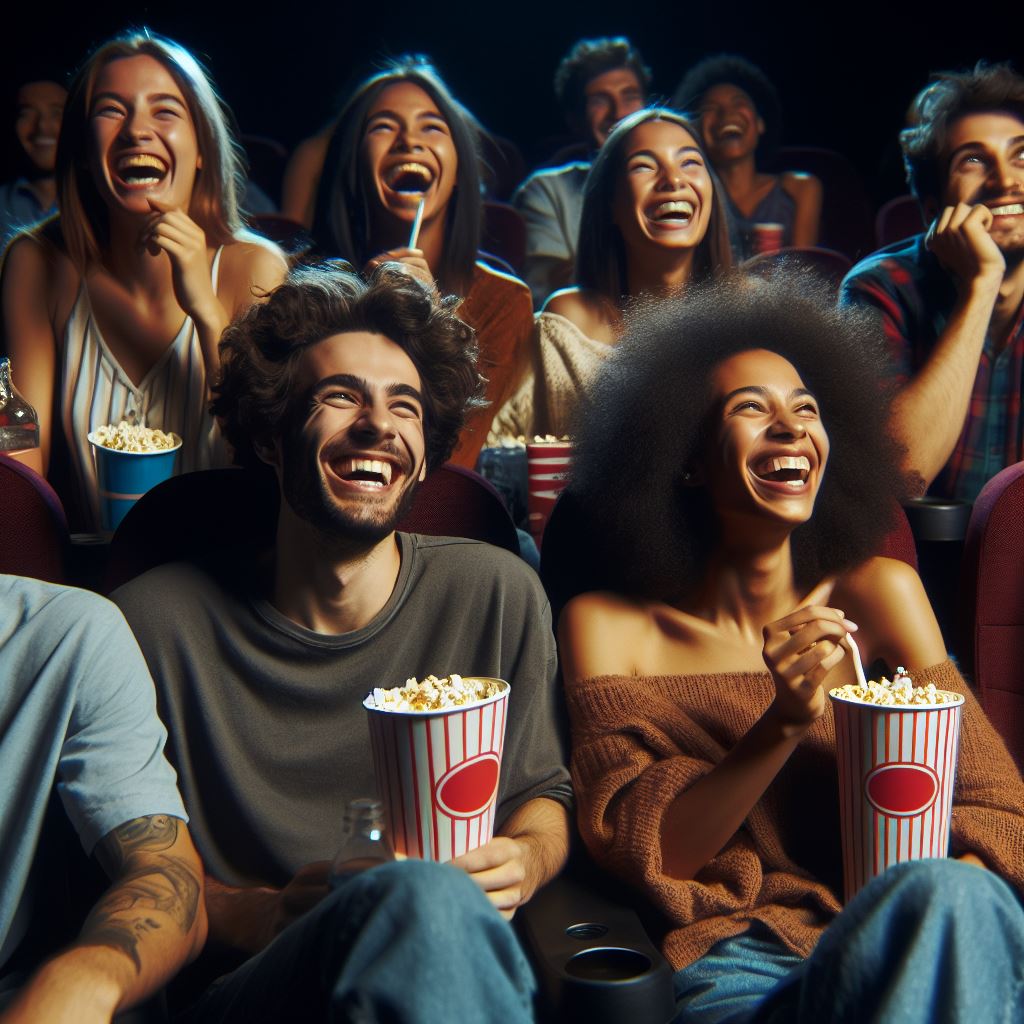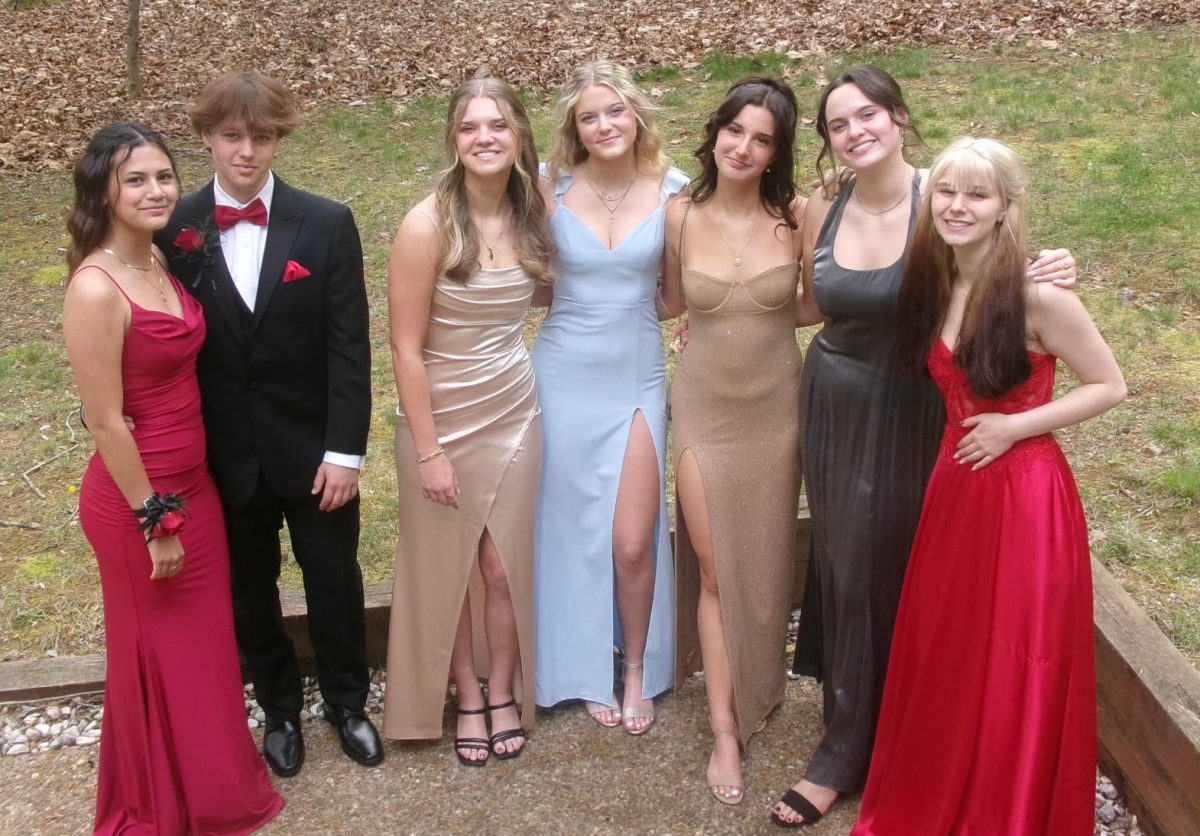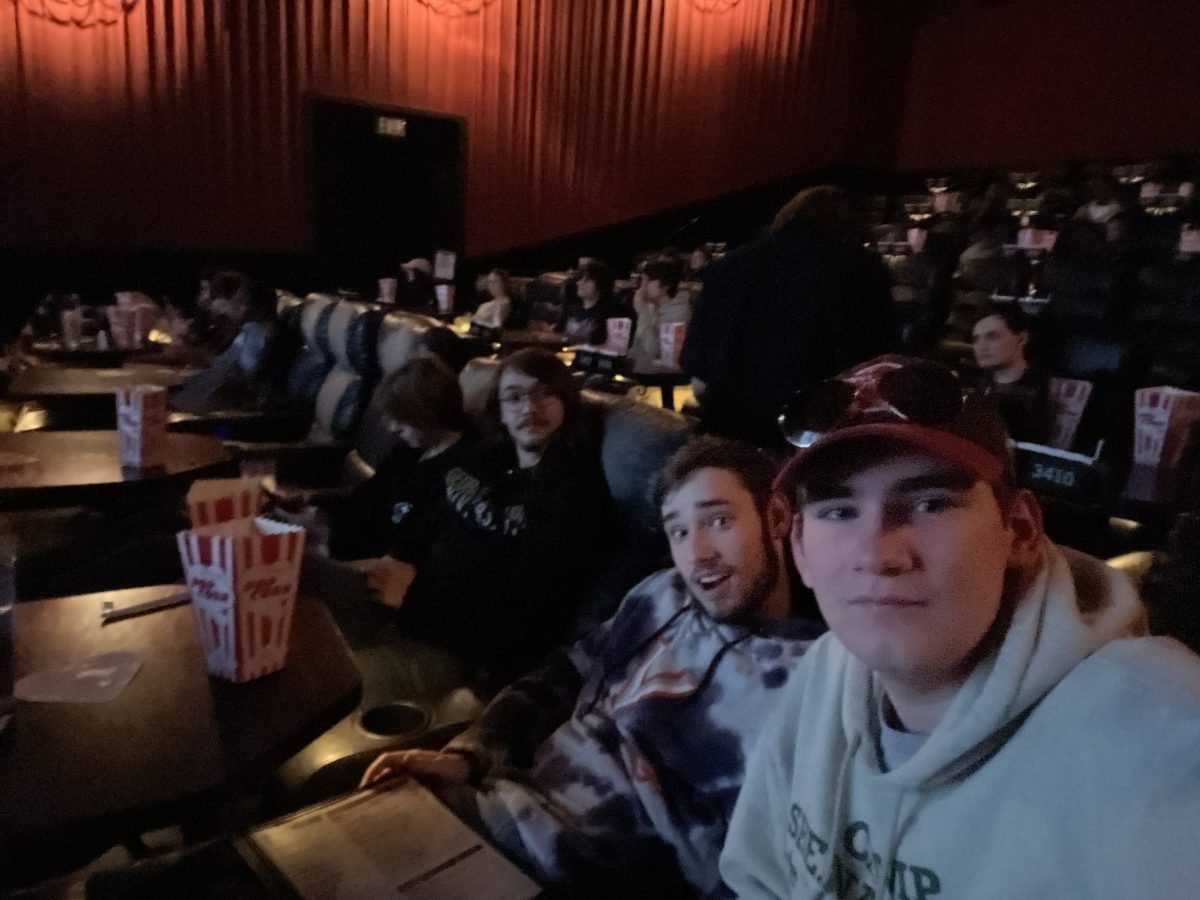Live action remakes have been popping up more and more lately to mixed results. Are they just a lazy way for studios to make money? Or a great way to reimagine classic stories and introduce them to a new generation?
Whatever your opinion, it’s clear that Hollywood appears to be relying on live action remakes more and more. Filmmaking is a business dedicated to making money, and to do so they have to take risks. If a movie doesn’t do well in the box office, the business will take a huge financial hit. Hollywood has taken a lot of hits recently, including poor box office showings by “Ant-Man and The Wasp: Quanumania,” “Indiana Jones and the Dial of Destiny,” and “The Flash,” so they need a way to recover.
This is where remakes came in. With remakes, people already know the stories and many times, have a lot of passion or nostalgia for the originals, providing a somewhat built-in audience. This made remakes a safe way to make money. Lazy or not, the process frequently works. For example, 2019’s “The Lion King” made $1.66 billion with a budget of only $260 million.
Lately, however, the popular mood against remakes, especially for Disney remakes, has soured. “Mulan” (2020), a remake of the beloved Disney film, lost around $150 million worldwide, perhaps a sign that audiences are getting bored with live action remakes, or that perhaps studios don’t seem to understand what made the original so special and fail to capture that emotion the second time around.
Even live action remakes of anime shows haven’t been spared by the same criticism. “Cowboy Bebop” (2021), a space western streaming television series based on the 1998 anime series was hated by fans immediately, and all of it spawned from the way they remade it. They kept things they should’ve gotten rid of for the live action version, added things that ruined the overall mood, and took away everything that made the original series special.
Despite this, there are some bright lights in the live action trend. Every once in a while, a writer or director who is clearly passionate about what they’re doing will come along and produce something worthy of audiences. One such well-received live action remake is this year’s “One Piece,” a fantasy adventure television series on Netflix. This begs the question: What makes a live action remake good?
For one thing, the creators have to be true fans of what they’re adapting. We need the kind of fan who would know that Mulan had the odds against her, but earned her victory through hard work and quick thinking. We need the kind of fan who will remake a story knowing exactly what made the original so special.
The creators also have to know what works in live action and what doesn’t without diminishing the soul of the original. For example, in “Avatar: The Last Airbender” (2005), the animation was outstanding. The life they brought to the movements the characters made when bending was incredibly satisfying to watch. In contrast, its first live action adaptation, 2010’s “The Last Airbender,” also featured these dance-like movements, but without being animated, they came across as awkward and stiff-looking.
Finally, creators have to know what to add to the movie or show that fits the characters, mood, and tone of the original. “Cowboy Bebop” added very raunchy scenes that weren’t in the original, seemingly in an attempt to add a cool atmosphere. Netflix didn’t seem to understand that raunchy and vulgar doesn’t equal cool.
Overall, live action remakes may be a lazy way to make money, but they don’t have to be intolerable. In fact, they can even revive the popularity of certain classics if done correctly. If Hollywood can remember to do these things, like in the case of the “Lion King,” remakes will be a decent option again.








